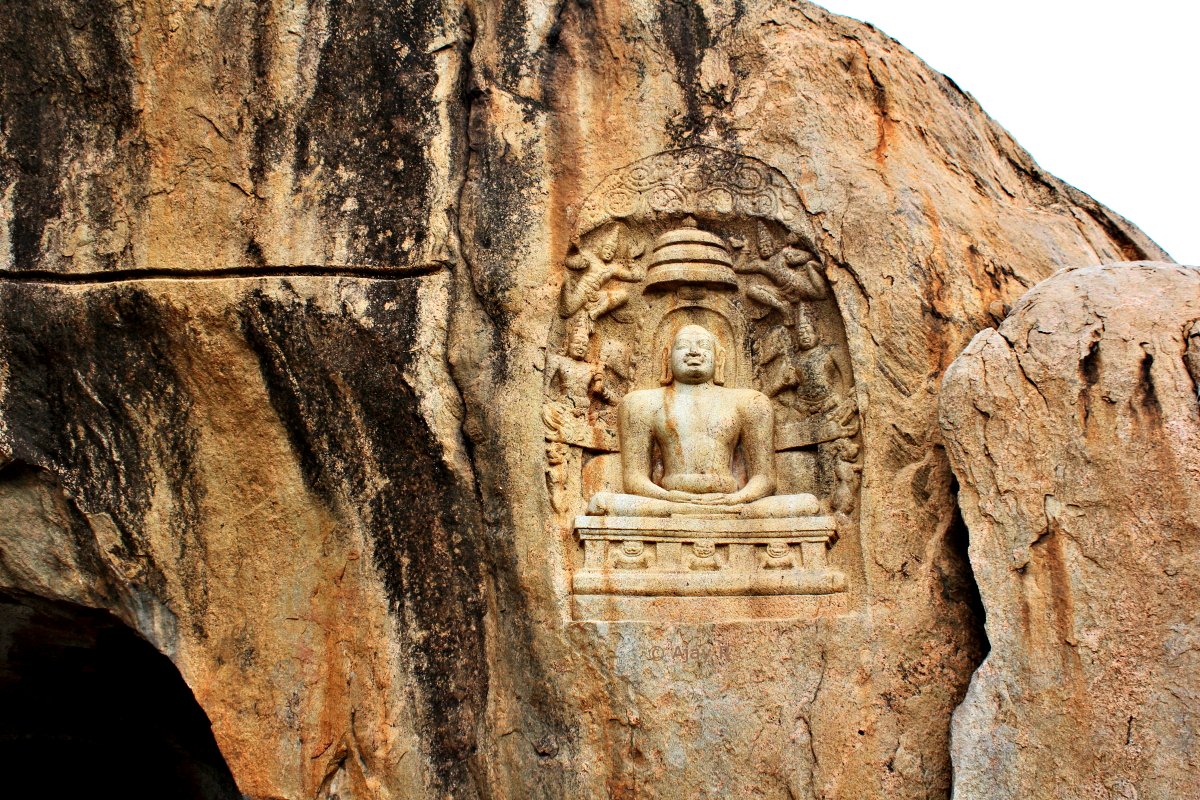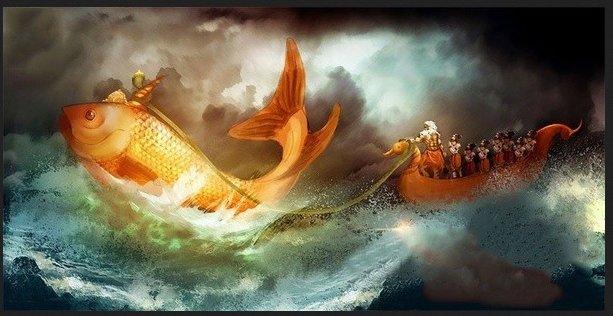What exactly is Conservatism?
For Liberalism it is possible to chart out a messy history, starting with Magna Carta and ending with Me-Too movement,
Conservatism doesn't lend itself to narratives
A very simplistic way of defining a political conservative is to suggest that Conservatives are the ones who "resist" change. That's the definition that "liberals" like to foist upon conservatives
Going by that Stalinists in post-Khruschev Russia and Maoists in Deng Xiaoping's China would be the "conservatives" making the word practically meaningless.
Sowell talks about the two different ways of looking at the world -
The Constrained Vision
The Unconstrained Vision
In this view it is unwise to overstate the power of "reason" in solving the world's problems.
People who subscribe to this vision place a great deal of faith in deductive reasoning, and are less enthusiastic about inductive wisdom
And a great deal of faith is placed in the great potentiality of human reason which is unjustly chained by the forces of "tradition" and "custom"
Eg: The British monarchy, English common law
But nevertheless even among people who do subscribe to the "Constrained vision" I can see a fault line (which I have already briefly alluded to).
- Should we derive our "wisdom" and "guidance" from our grandmothers? (immediate tradition)
- Should we derive our "wisdom" from "Great books" of the past, and seek an originalist interpretation of them?
In the US, the "conservative" tradition is mostly of the second type.
In a country like England, it is largely of the first category
In India it is a curious mixture of the two
There are cultural facets to it - like fish & chips, watching test matches at Lord's.
There are also moral facets like self reliance, the famed british "persistence" (the bulldog spirit)
Partly because it is the "new world". A world of immigrants where accents, food, and general popular culture changes beyond recognition every few decades.
Instead what we have is a strong textual orientation - focused on certain sacred cows like "individual liberty" .
This is a persistent pre-occupation among American conservatives.
So this gives American conservatism a quasi-religious fundamentalist character
Day to day rootedness of the Indian people largely stems from a certain "cultural" deference for the immediate past. Respect for one's elders and grandmothers so to speak. We defer to their wisdom and ways, instead of glorifying our own "wisdom"
It is rather radical and in fact critical of the immediate past.
We see this strain of "radical conservatism" even in the 19th century.
"Let's go back to the Vedas" cry of the Arya Samajis
That includes a proclivity to non violence, a strong Bhakti orientation, strong caste endogamy
So yes, these guys are also "conservatives" but of a different kind
Sure they are critical of "Enlightenment" ideas, but their inspiration stems from ancient models, and often very ancient texts -
Advaita Vedanta is a great source of inspiration and confidence for the modern Hindu psyche.
Both the "What would my granny say" variety
AND
the "What would Yajnavalkya say" variety.






